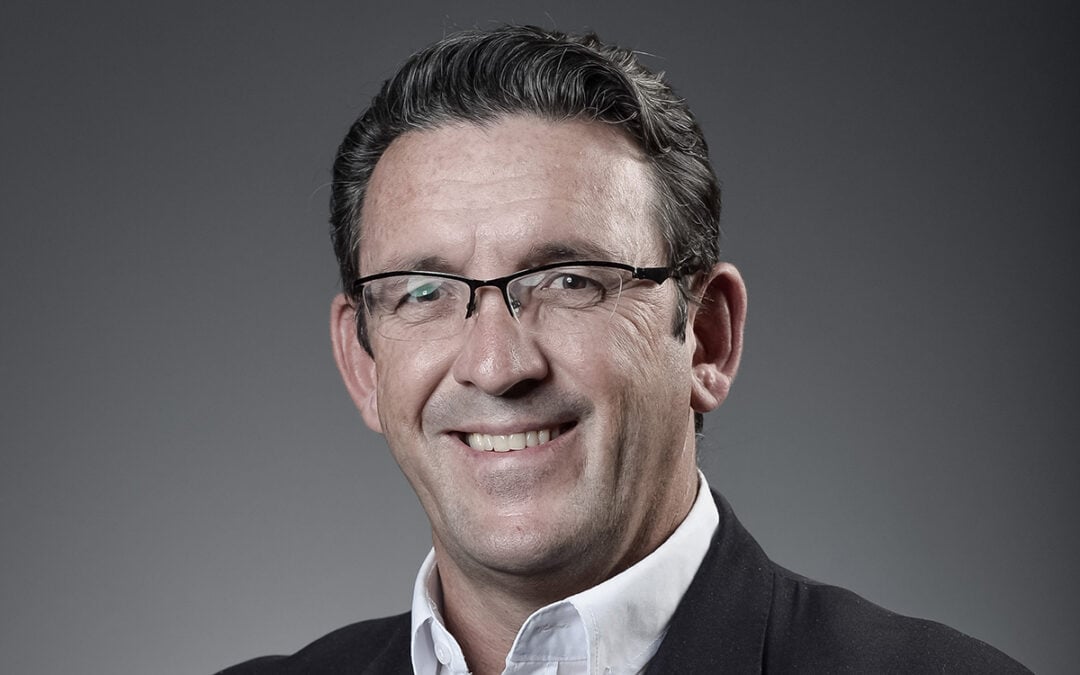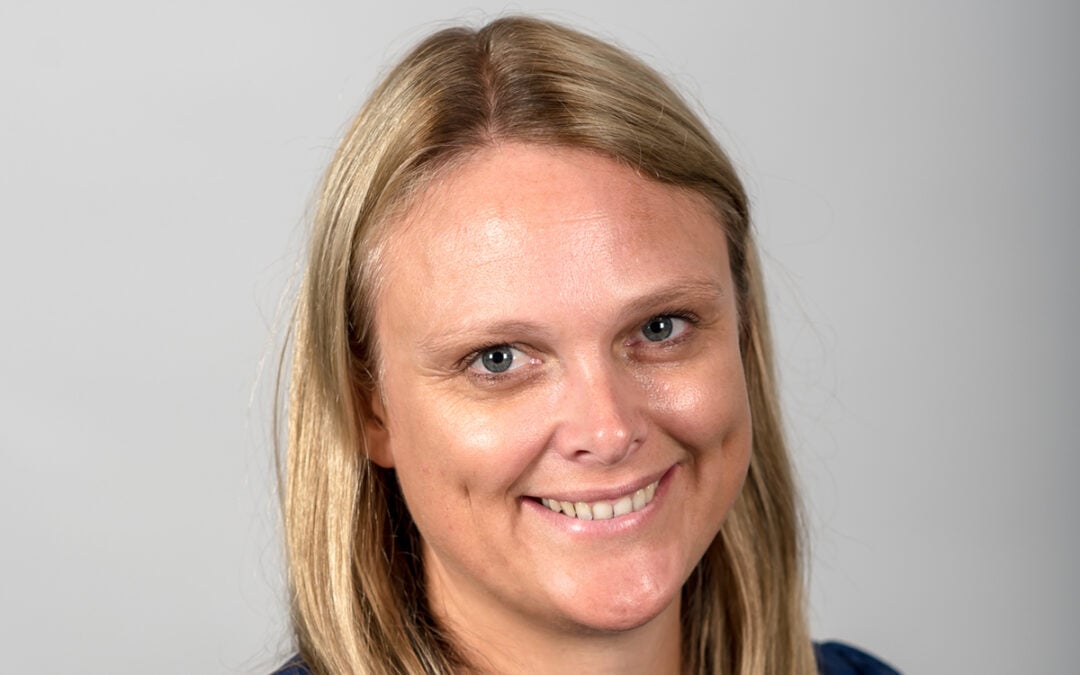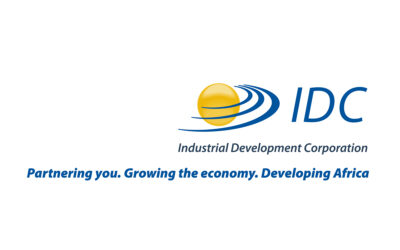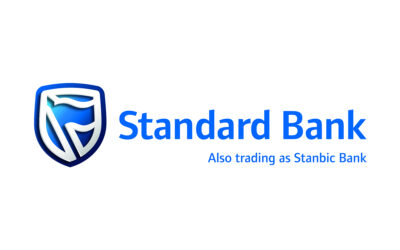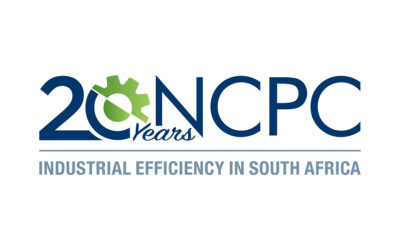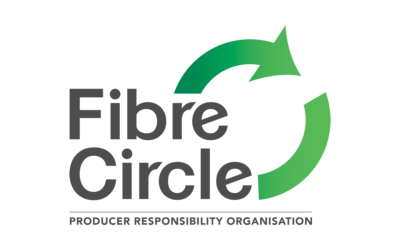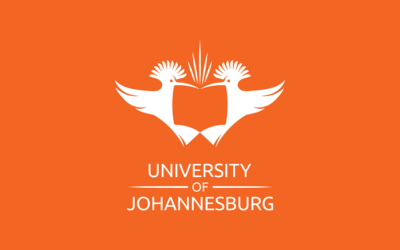Carbon has become the catalyst and life raft for several green projects in Africa, and Nedbank CIB’s Carbon Trading Desk has played a pivotal role in this. In spite of Covid-19 forcing a slowdown, many projects and communities have benefited significantly from the cash flow received via the sale of carbon credits, produced from organic waste and composting projects for community grazing and forestry projects. In the absence of carbon revenue, some of these projects would have been suspended, to the detriment of developers, communities, the environment, the habitat of local wildlife and the world.
Nedbank is committed to the transformation of the South African energy system and continues to align its business activities with the commitments made by South Africa under the 2015 Paris Agreement. Specific focus is applied to achieving a net zero carbon economy and ensuring energy Nedbank CIB believes that climate change is one of the defining systemic issues of the 21st century and encourages younger generations to engage with their communities, public sector entities and service providers about opportunities to address the Sustainable Development Goals through partnerships and collaboration. Simply put, we are all jointly responsible for alleviating the risk of climate change for current and future generations. security. The aim is to play a leading role in addressing climate change in ways that are sensitive to the local context, which includes climate vulnerability, development is unlocking resources that have, until now, been neglected; this is paramount for delivering access to clean, affordable, safe and efficient energy services across the continent.
Nedbank CIB believes that climate change is one of the defining systemic issues of the 21st century and encourages younger generations to engage with their communities, public sector entities and service providers about opportunities to address the Sustainable Development Goals through partnerships and collaboration. Simply put, we are all jointly responsible for alleviating the risk of climate change for current and future generations.
“The aim is to play a leading role in addressing climate change in ways that are sensitive to the local context, which includes climate vulnerability, development imperatives and structural economic challenges.”

